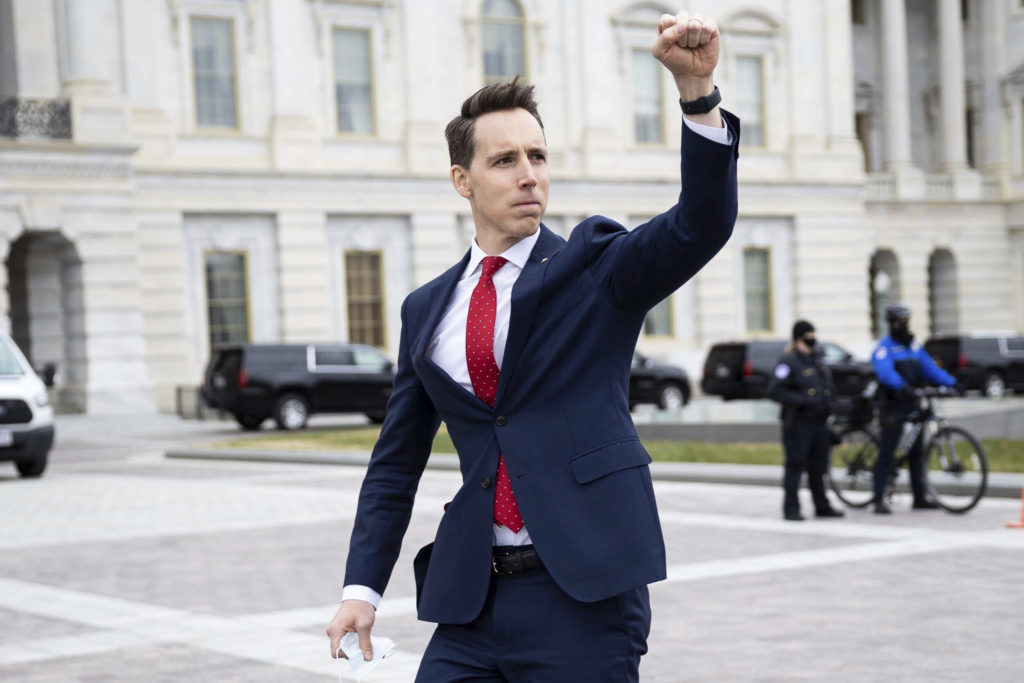The Impeachment Impossibility Theorem

Mitch McConnell was theoretically open to impeaching and convicting Donald Trump for inciting a lynch mob at his place of employment, so long as it didn’t happen while he was in office or after he left office:
Donald Trump’s second impeachment trial has not even begun, but it is already a foregone conclusion. All but five Republican Senators voted to dismiss the charges on the grounds that a former president could not be impeached.
The legal merits of this position are questionable at best: The Senate has historically impeached and convicted former officeholders, and even many conservative legal analysts agree that Trump’s departure does not rule out a trial. But what is perhaps most amazing about the Republican position is that they are the very party that refused to try him before he left.
A crucial argument made by Trump’s defense team — and repeated by his Republican allies — against his first impeachment trial last year was that it was too soon. Democrats, warned Trump’s lawyer, were “asking you not only to overturn the results of the last election … they’re asking you to remove President Trump from the ballot in the election that’s occurring in approximately nine months.”
This logic was widely embraced by the Republican Senate. The Senate couldn’t remove Trump before the election. That’s what the election was supposed to decide.
After Trump attempted to undo the election result and secure a second term, ultimately whipping up a mob to storm the Capitol, Republicans grew briefly angry. The House quickly voted to impeach Trump for his incitement. But two days after the insurrection, McConnell announced that the Senate would not begin an impeachment trial for at least another 11 days.
To be sure, the Senate could have convened immediately to begin the trial. It refused to because Trump’s allies wouldn’t allow it. The Senate would need unanimous consent to start the trial, and, as the Washington Post noted, “with a cadre of Trump-allied senators in the Republican conference, that unanimous consent is highly unlikely.” McConnell has gotten unanimous consent before, but there is no evidence he even tried this time.
The perfect moment for a trial happened to fall when the Senate was on vacation. What are you gonna do?
And now that Trump has left office, it is sadly too late to hold a trial. And so Republicans will not have to take a stand on whether Trump’s efforts to cancel a presidential election through a combination of subterfuge and violence amounts to a high crime. Before the election, it was too soon to convict him. Then there was a brief lame-duck period when it was neither too soon nor too late, but Republicans decided not to convene. Then they came back, and it was too late.
The popular Twitter idea that Democrats could have somehow forced Senate Republicans to quickly try and impeach Trump had they just submitted the article a week earlier is massively implausible even by Murc’s Law standards.


